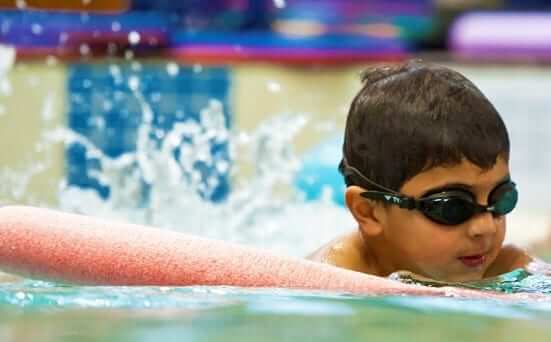Reiterating four basic values to children can help them discover and manifest their true ability

I have a certificate, therefore I am
There was a time once, when participation was valued for itself. These days, putting on a shirt at an athletics carnival wins house points and bonuses. Entry into a mathematics competition gets a certificate of participation, and in sporting contests the ‘player of the match’ is rotated so that every child is a ‘winner’, regardless of the effort they have made. Over praise leads to underachievement and undermines resilience.
Underachievement
It is common nowadays for parents to report that a child is underperforming. That is, they believe that their child has far more ability than is being manifest. They will say to the child, “Why don’t you just see that if you tried harder, you would see how good you can be”. In saying this, the parent hopes to ‘transmit’ a value that will become intrinsic to the child. Alas, it is rarely the case that what a parent values will be what their child also values, particularly while the child is still in school. Why, for example, should a school child ‘listen’ if the teaching is insipid and uninspiring? Why should a child value 95%, when 82% or 73% is good enough to them?
Why too, should a child enjoy training for sport when a coach favours the children who appear to have greater ‘natural’ ability? In this context, parents need to understand that children best learn when there is broad understanding of the factors likely to encourage and engender success.
There are four values that all children and young adults must be taught if they are to consistently manifest to their true ability, or even if they are to uncover what they are truly capable of. These values are discipline, openness, structure and coachability.
Discipline
Never fret for the child who works hard, but does not achieve. Educators find hardworking students who achieve quite easy to mentor. However, the students most admired are those who work hard but do not achieve to the standard they desire. The key factor that is admired is tenacity. Why? Because success in life comes to those who are consistent and disciplined. Discipline begins projects and finishes them off. Discipline sees something through to the end, and builds resilience and strength. It also builds self-confidence. Incidentally, also never fret for the child who can focus for hours on things that matter to them, but do not matter to you. The capacity to focus for hours is a facet of discipline.
Openness – willingness to try new things
A second key factor to build in young people is a capacity to be open to new things. Risk-taking can be scary, particularly for children to whom things come easily. To take risks requires allowing oneself to be open and to be humble. Humility makes a person learn empathy, understand others, learn from their mistakes and also the mistakes of others. Humility is the basis of forgiveness when there are misunderstandings. Of course, humility cannot be taught through self-righteousness, arrogance or the intellect. Humility is the stuff of an open heart.
Structure
The greatest of all achievers, the ones who sustain success, have one thing in common. Ability and the capacity to apply structure that develops, applies and hones that ability. Structure is, in effect, an extension of discipline. Structure requires a person to have thought about goals and what is possible. Structure invests time in improvement and says, “This matters, and I am prepared to coalesce other things in my life around the goals that I value”.
Coachability
Underachievement is overcome when people are ‘coachable’. This means that they believe they can learn from the expertise of others, and they seek it out. In essence, all people seek mentors and guides through their life. However, finding such a person can be hard.
Underachievement and the key values
Too often parents say that their children are underachievers – that they are not manifesting to their full ability. However to have such an expectation may be misplaced. Achievement should not be seen as an end, but rather as intrinsic to the process of learning.
If parents focus on instilling values such as discipline, structure, humility and coachability in their children, they are giving them all of the tools they need to utilise their natural talents at their highest capacity. In this way, the means takes care of the end. Success in life is not found solely in a school report, or in a trophy, ribbon or Speech Night list.
Sometimes, true success comes from time and experience – from the stuff of life. Experience helps children to integrate the values that engender success.
Once was a genius…

Reading Time: 3 minutes



